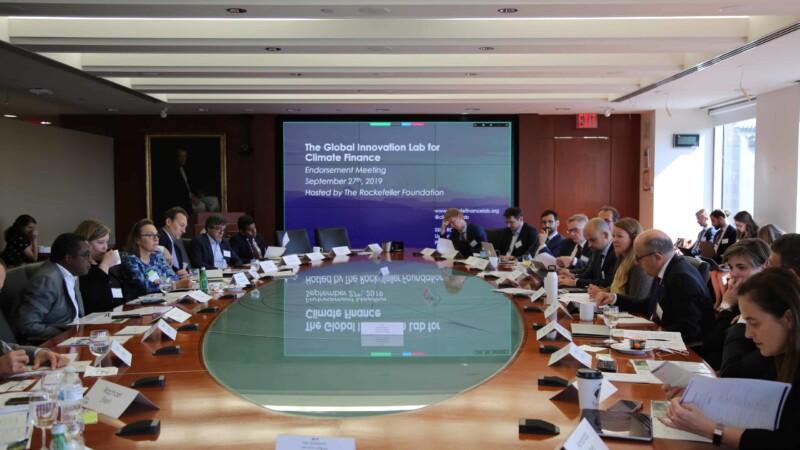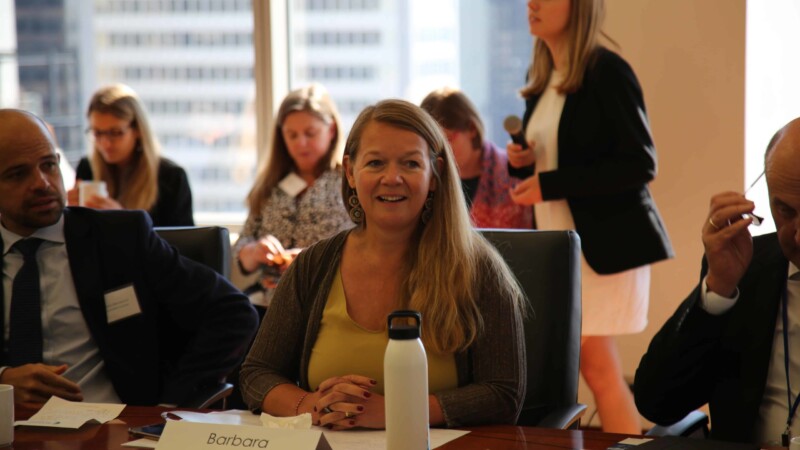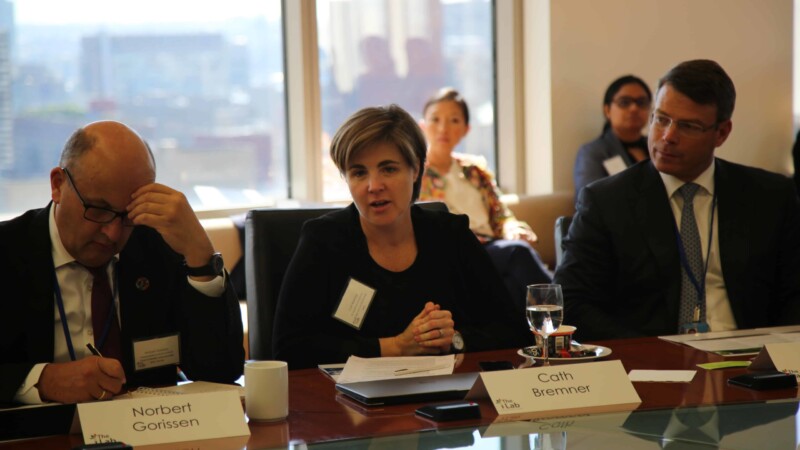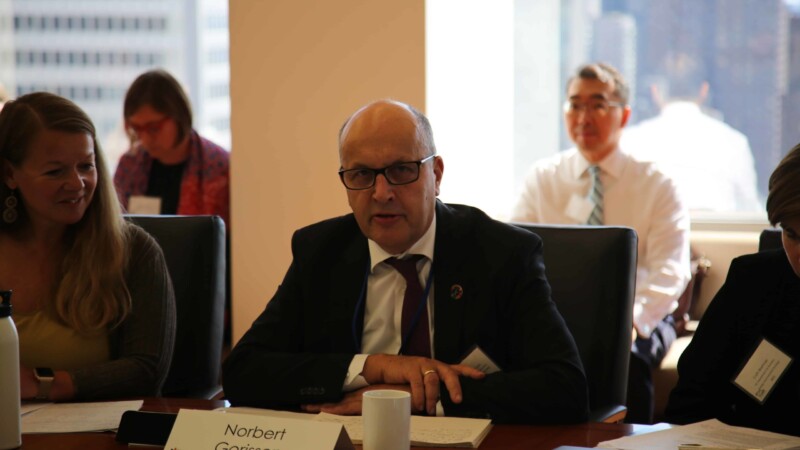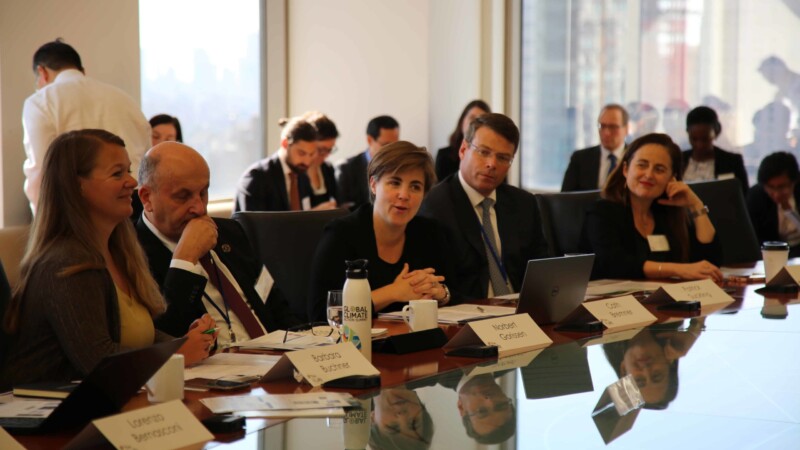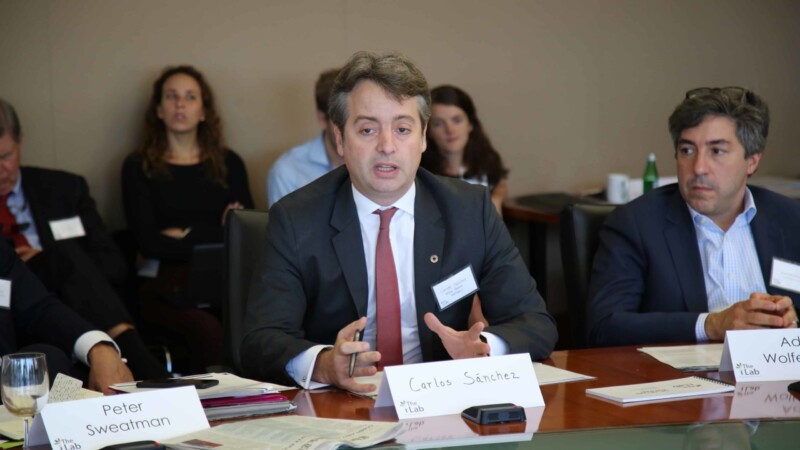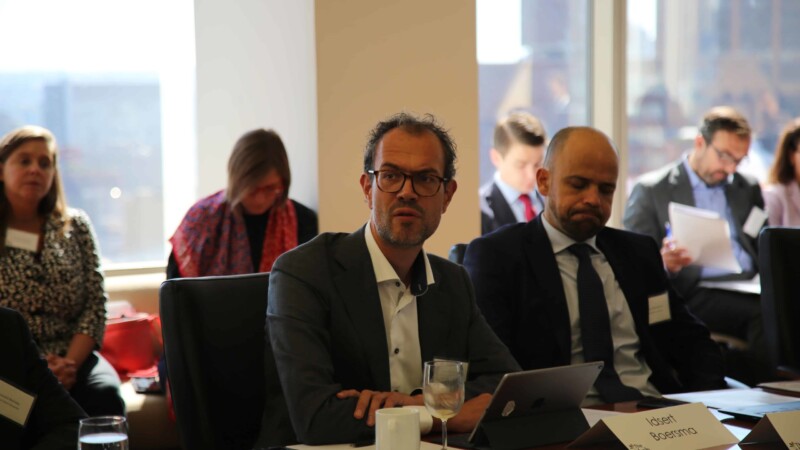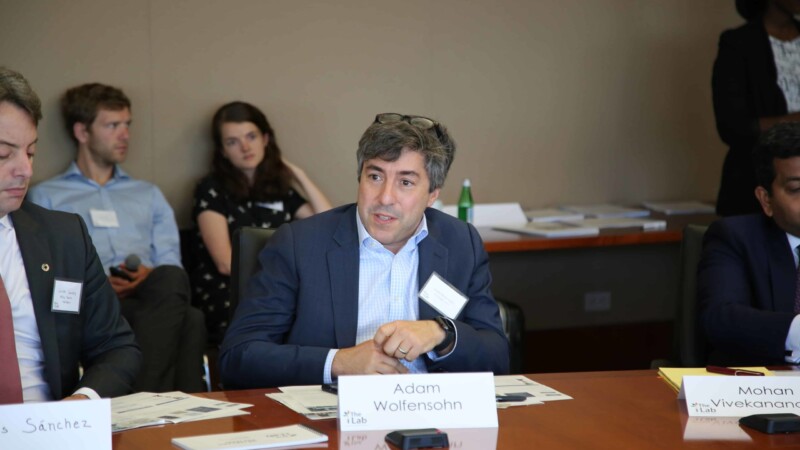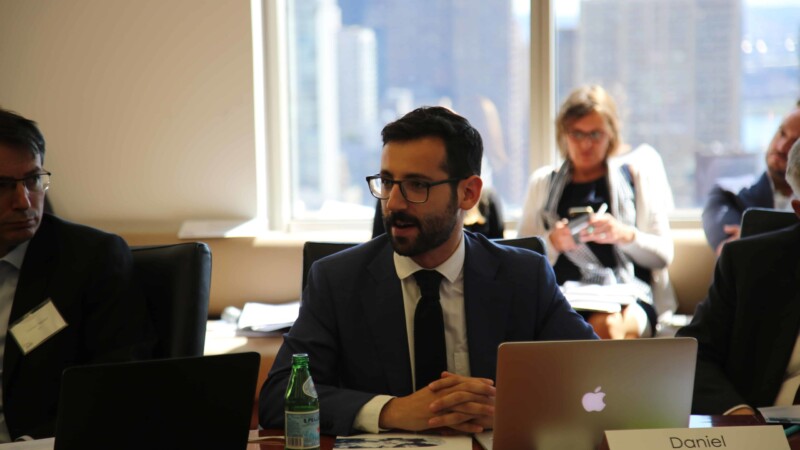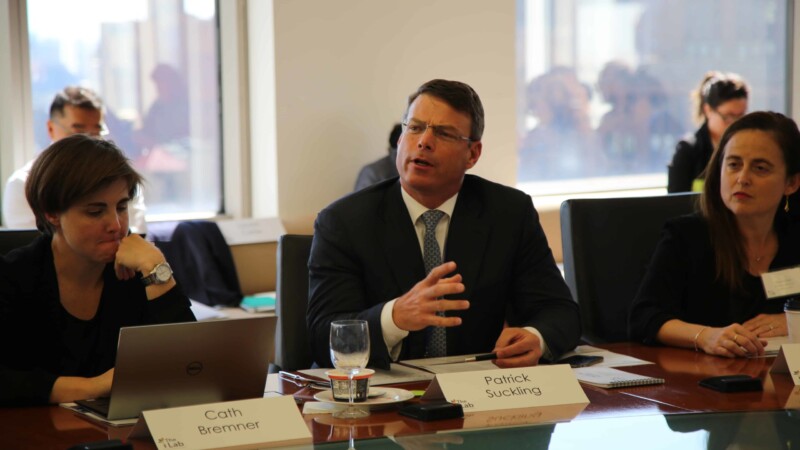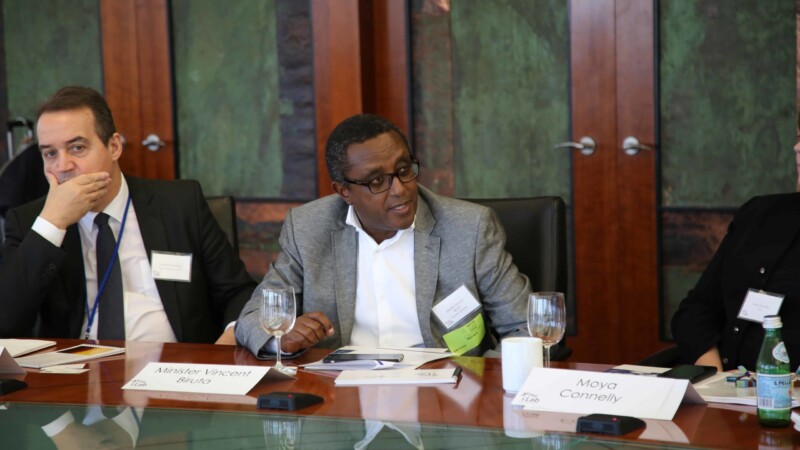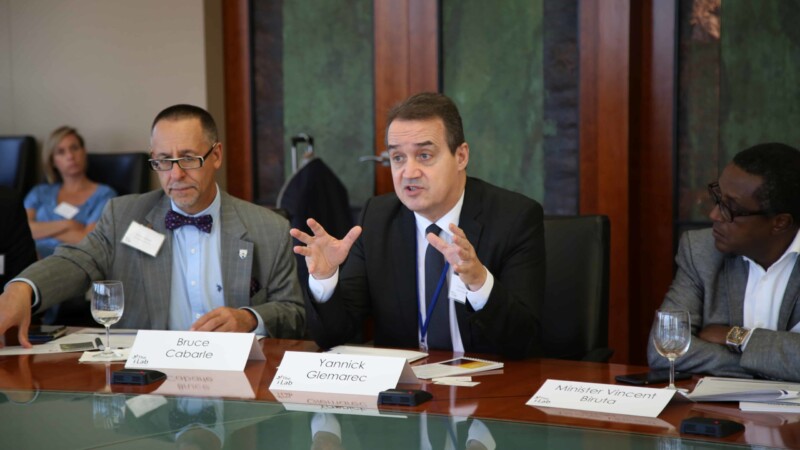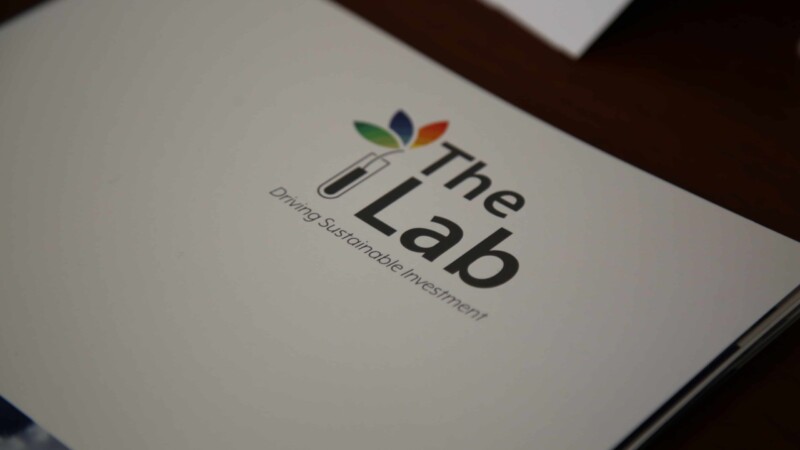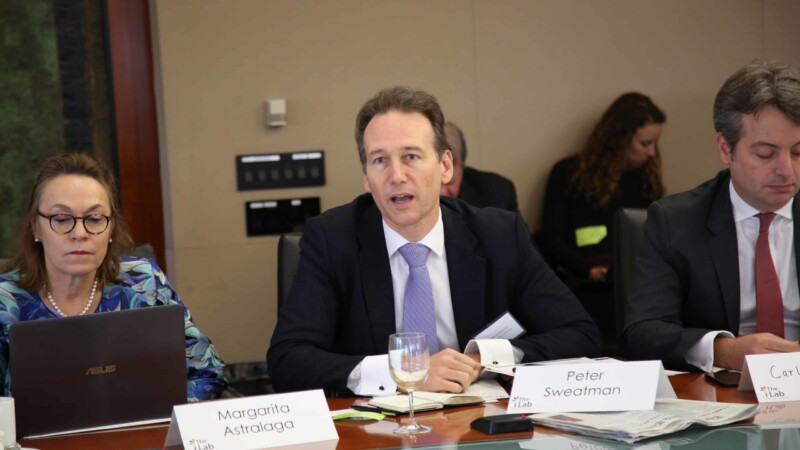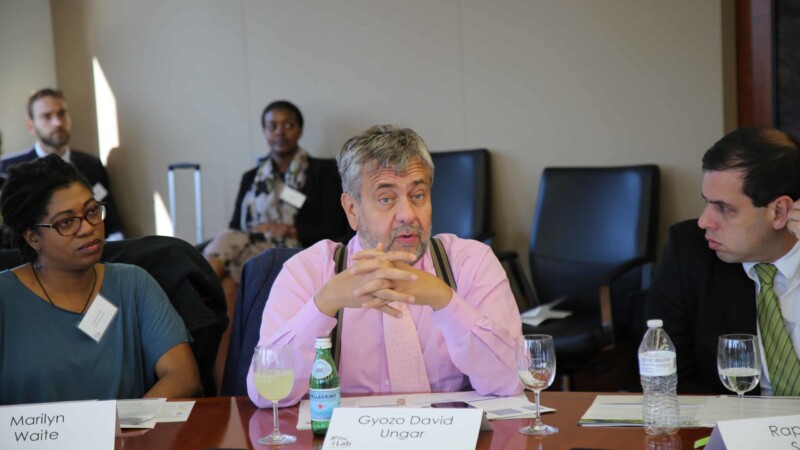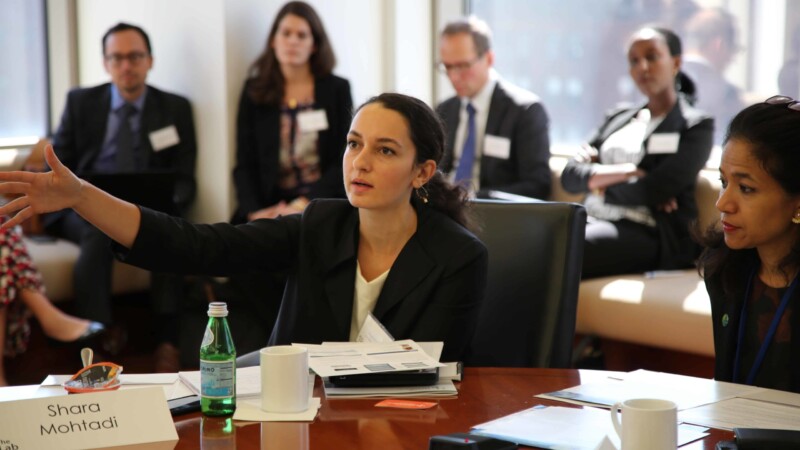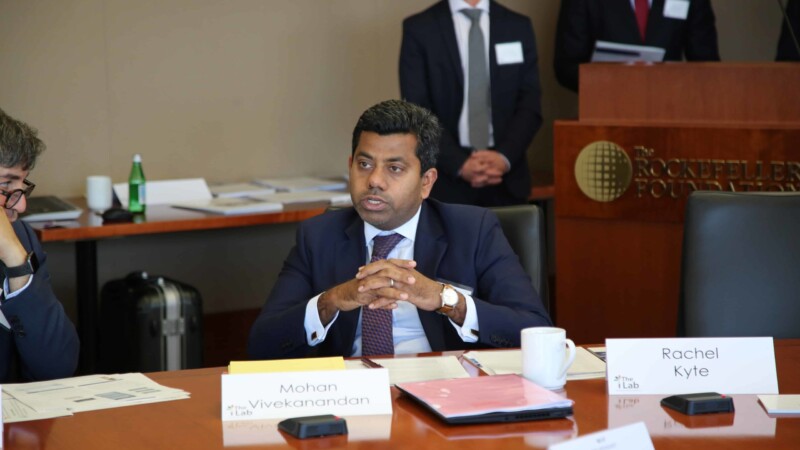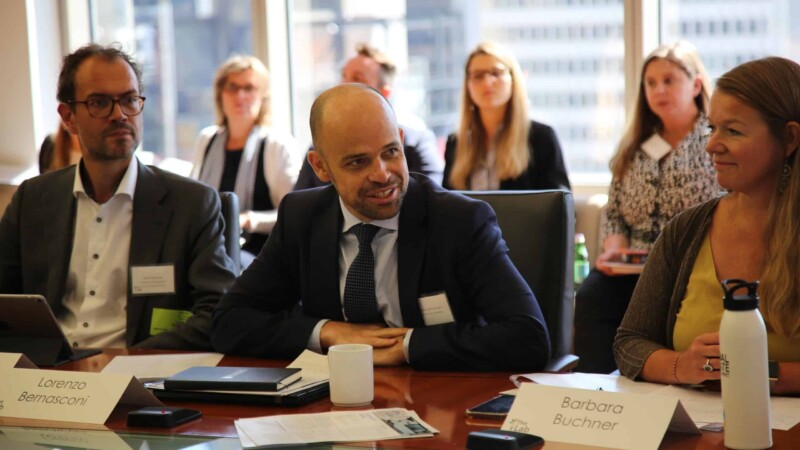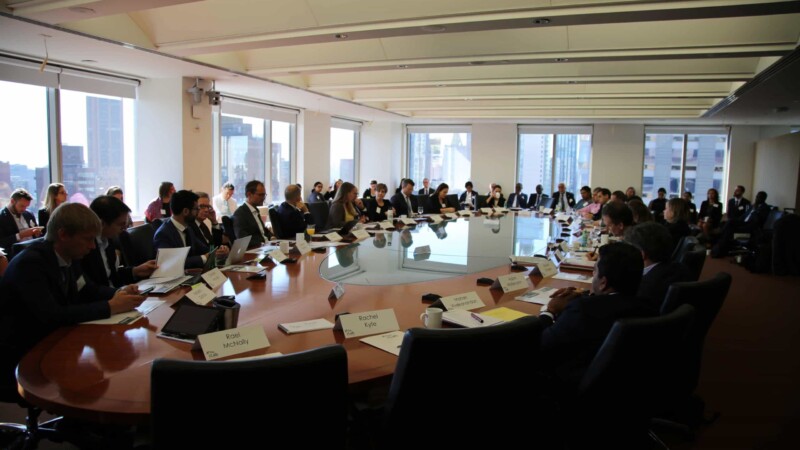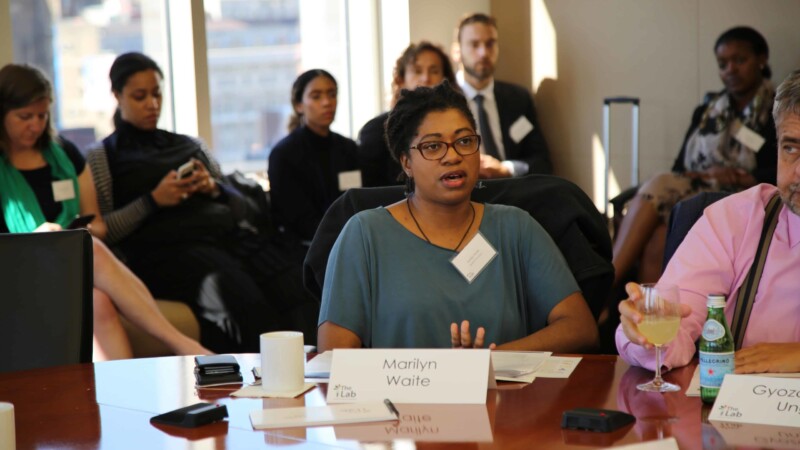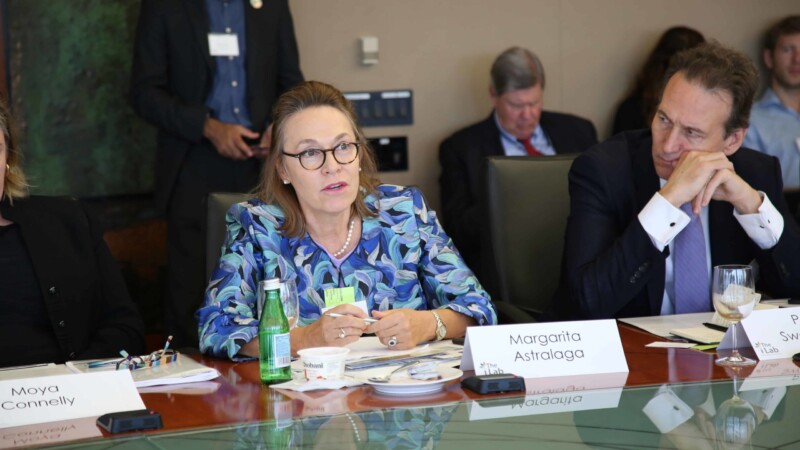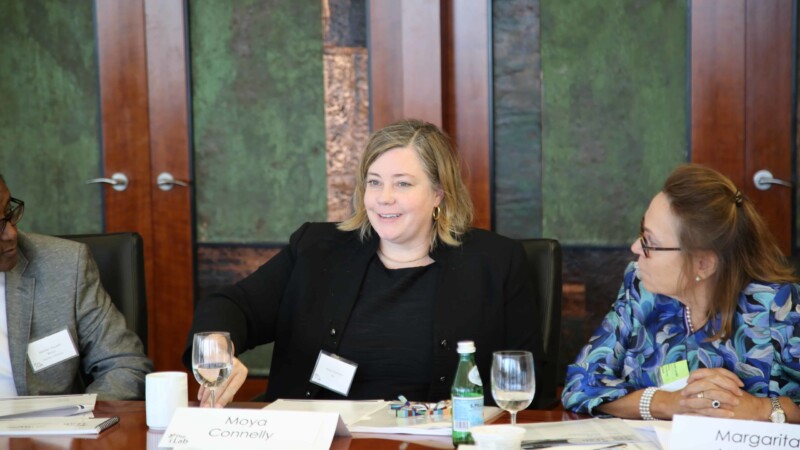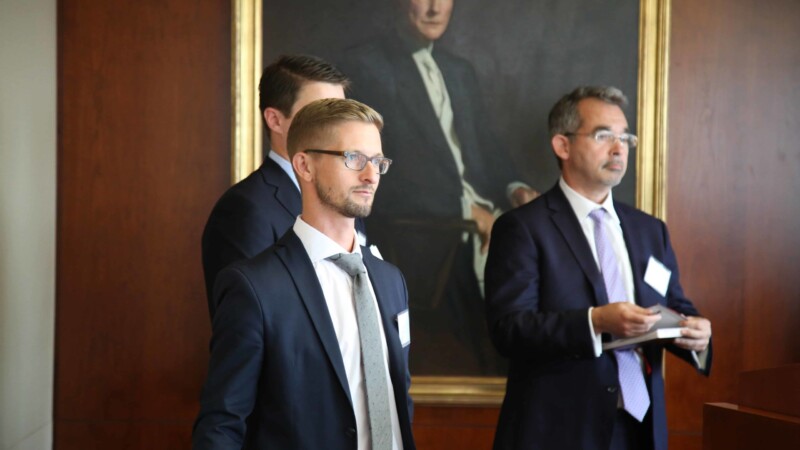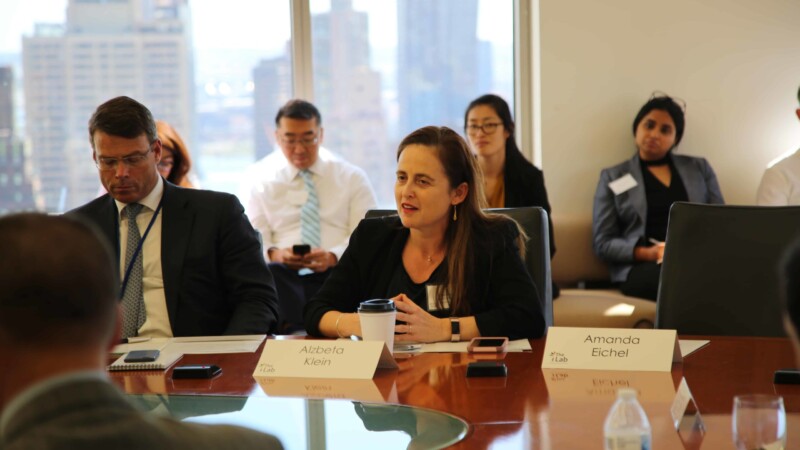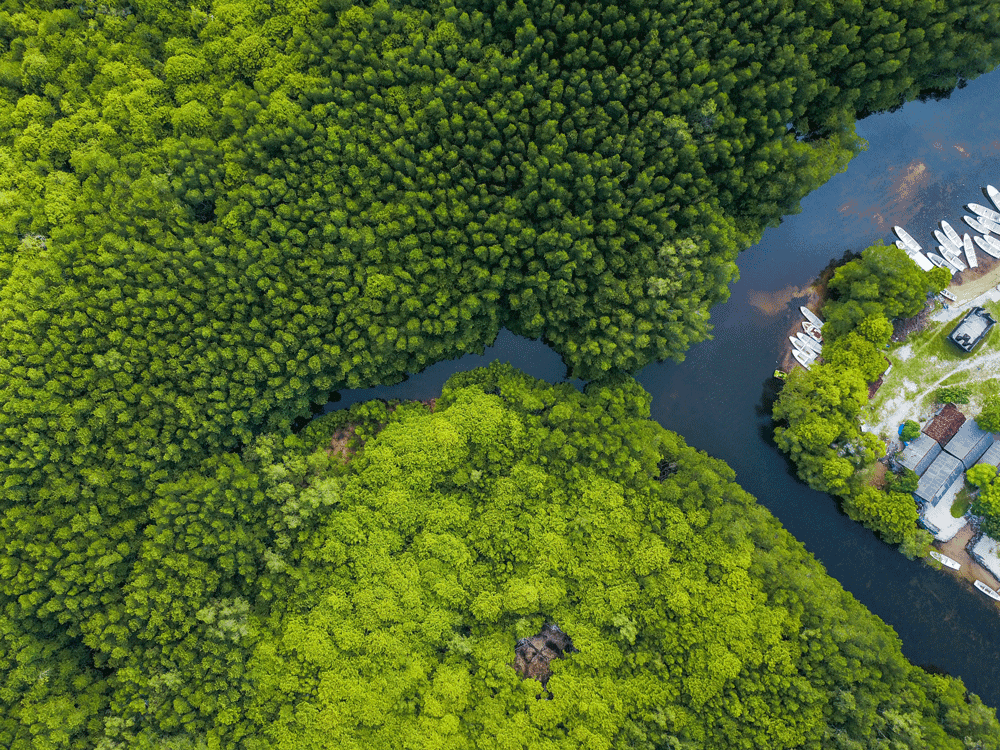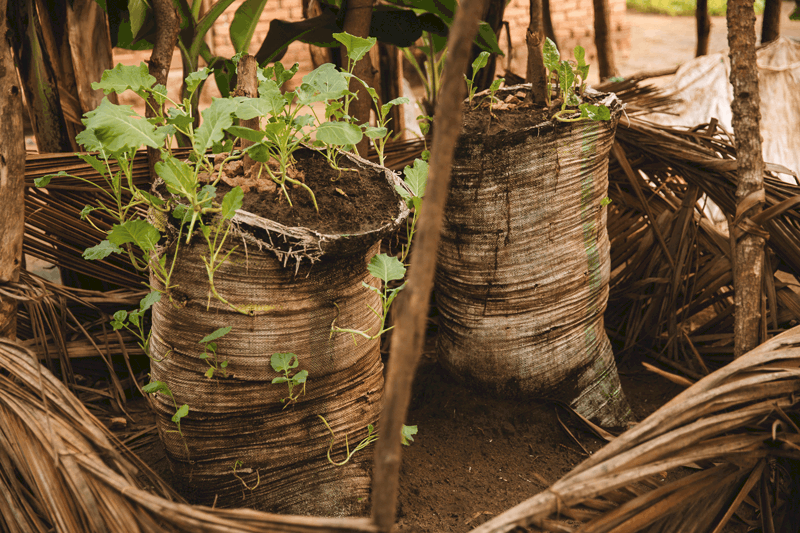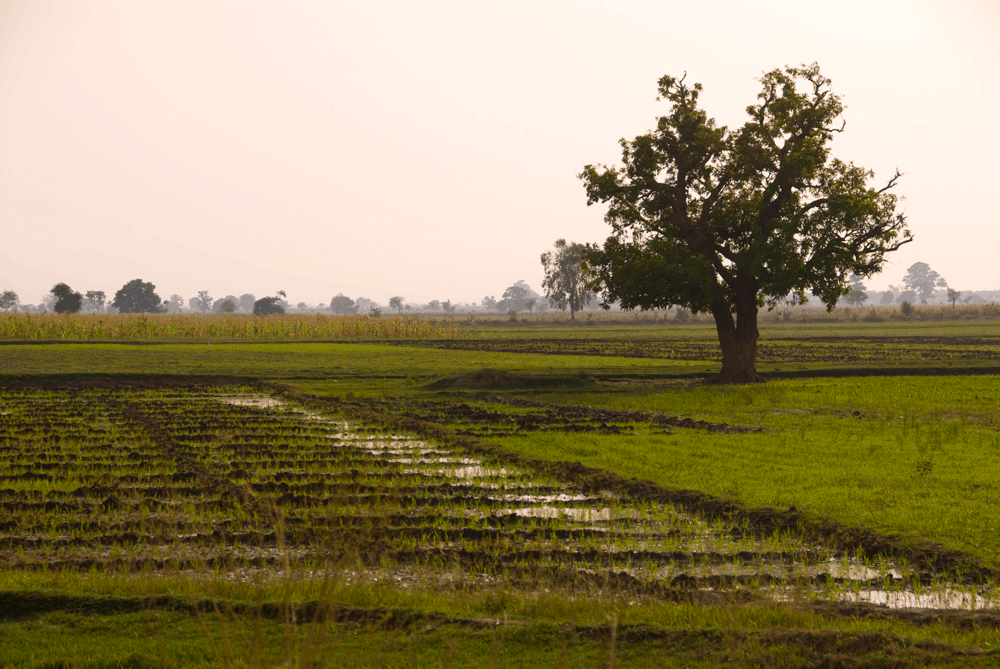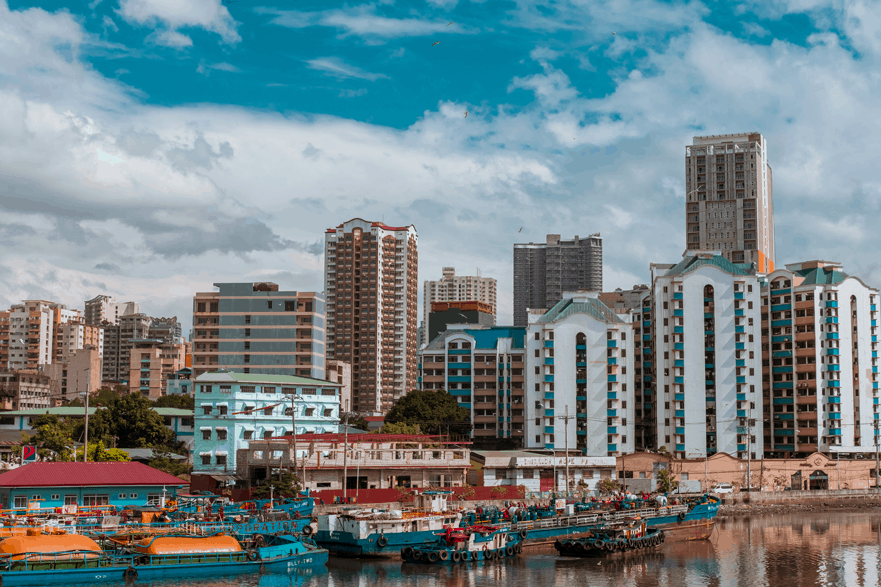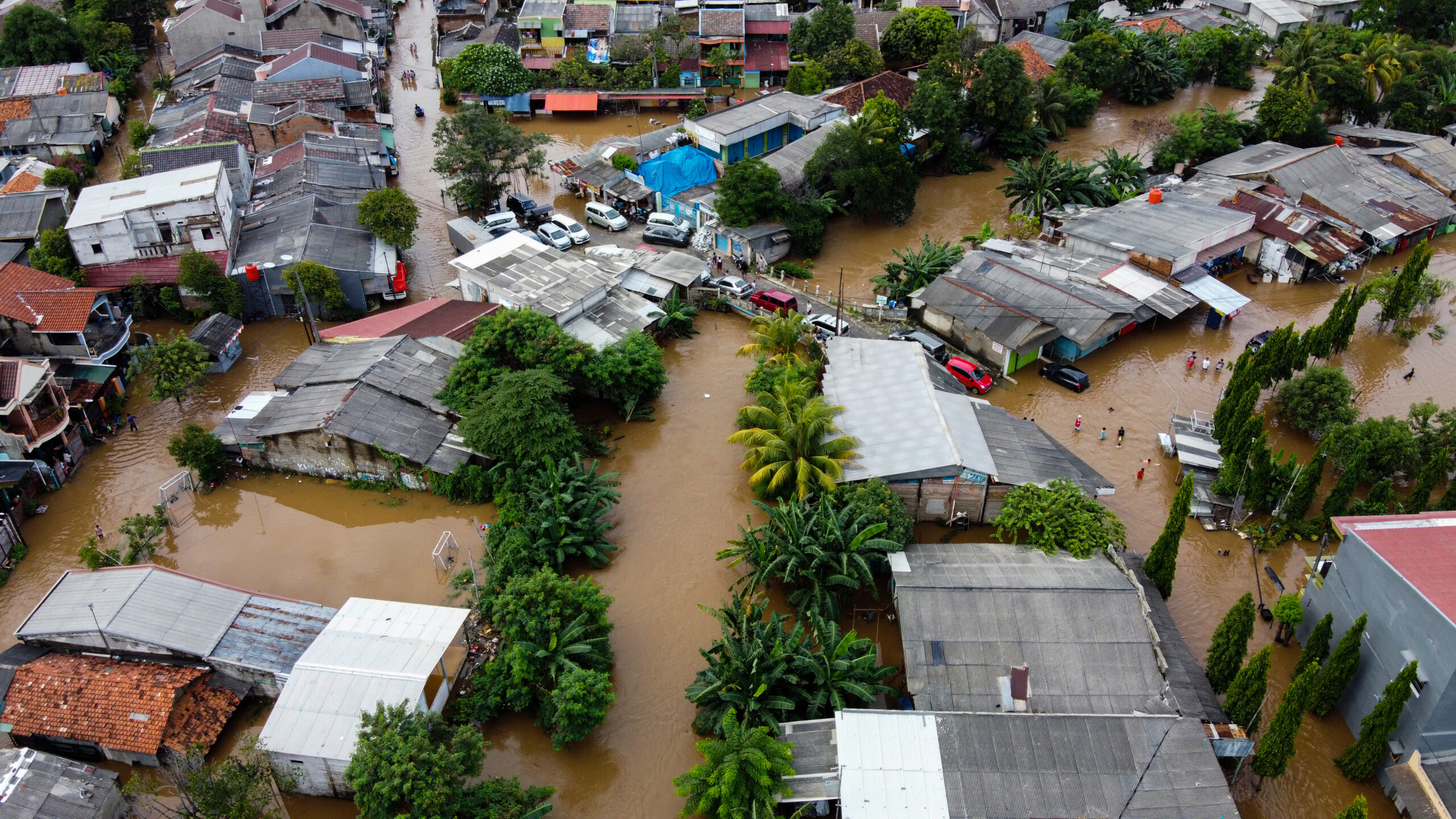On September 27, 2019 Lab Members met in the margins of the United Nations General Assembly and New York Climate Week to endorse the six ideas from the Lab’s 2019 cycle. They convened at The Rockefeller Foundation and officially launched the instruments for operation.
The 2019 Lab instruments are:
BLUE CARBON IN MARINE AND COASTAL ECOSYSTEMS
Restoration Insurance Service Company (RISCO) is a social enterprise that invests in mangrove conservation and restoration in areas with high-value coastal assets, protecting blue carbon and reducing coastal flooding and property damage risk. Insurance companies will pay an annual fee for these services and blue carbon credits will be sold. The initial pilot project will protect 4,000 hectares of mangrove forest in the Philippines. At scale, RISCO has the potential to achieve avoided emissions and sequestration of 16 million tonnes of CO2, equivalent to the annual electricity use of over 2 million homes. Led by Conservation International.
SUSTAINABLE AGRICULTURE FOR SMALLHOLDERS IN WEST AND CENTRAL AFRICA
Blockchain Climate Risk Crop Insurance is a standardized, digital index insurance platform for smallholder farmers in sub-Saharan Africa that increases resilience in the face of climate change and extreme weather events. It increases access to crop insurance by making the instrument more available and scalable through standardization and by increasing demand through lower premiums, and faster and more transparent payouts. The pilot targets 1.2 million farmers in Kenya. Led by Sprout Insure.
The West African Initiative for Climate Smart Agriculture is a blended finance fund to support the uptake of climate-smart agriculture by providing technical assistance and subsidized-rate loans or guarantees to smallholder farmers in West Africa. At scale, it has the potential to reach 90,000 smallholder farming households, and convert 185,000 hectares to climate-smart agricultural lands. Led by the Economic Community of West African States (ECOWAS), which has already pledged US$ 16 million to the fund, and to be implemented by the ECOWAS Bank for Investment and Development (EBID), which has pledged US$ 10 million to the fund.
SUSTAINABLE CITIES
Cooling as a Service aims to decrease energy consumption and greenhouse gas emissions from cooling use in cities through a pay-per-service model for more efficient cooling systems. The model could save customers more than 20% in lifetime spending on cooling equipment and could provide up to 30% more profit for technology providers than the sale and operation of low-efficiency cooling systems. CaaS is led by Basel Agency for Sustainable Energy (BASE) and the Kigali Cooling Efficiency Program (K-CEP), who have made significant progress towards initial implementation in the Dominican Republic and Jamaica, and are pursuing three to four larger flagship implementation projects, likely including South Africa, India, and Mexico.
The Breathe Better Bond Initiative is a bond, paired with technical assistance, for city governments in developing countries to fund sustainable infrastructure projects that reduce both air pollution and greenhouse gas emissions. If just deployed in ten cities, it has the potential to mobilize over US$ 4 billion for sustainable infrastructure, significantly improve health related to air quality, and reduce CO2 emissions by an estimated 35 million tons, equivalent to removing 7.4 million cars from roads for a year. These numbers can grow significantly if the bond is deployed in 50 or more emerging market cities.
SUSTAINABLE ENERGY ACCESS
Solar Securitization for Rwanda is a tradable solar asset-backed security that can accelerate the deployment of solar home systems in East Africa, by helping solar developers reduce their leverage and access capital for expansion. At scale, it can provide clean energy access to 2 million households in Rwanda and neighboring countries, translating into a US$ 100 million size instrument. Led by the Development Bank of Rwanda.
Endorsement Meeting:
